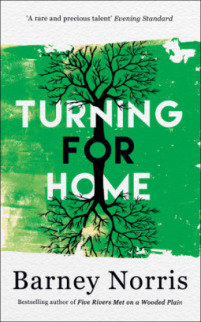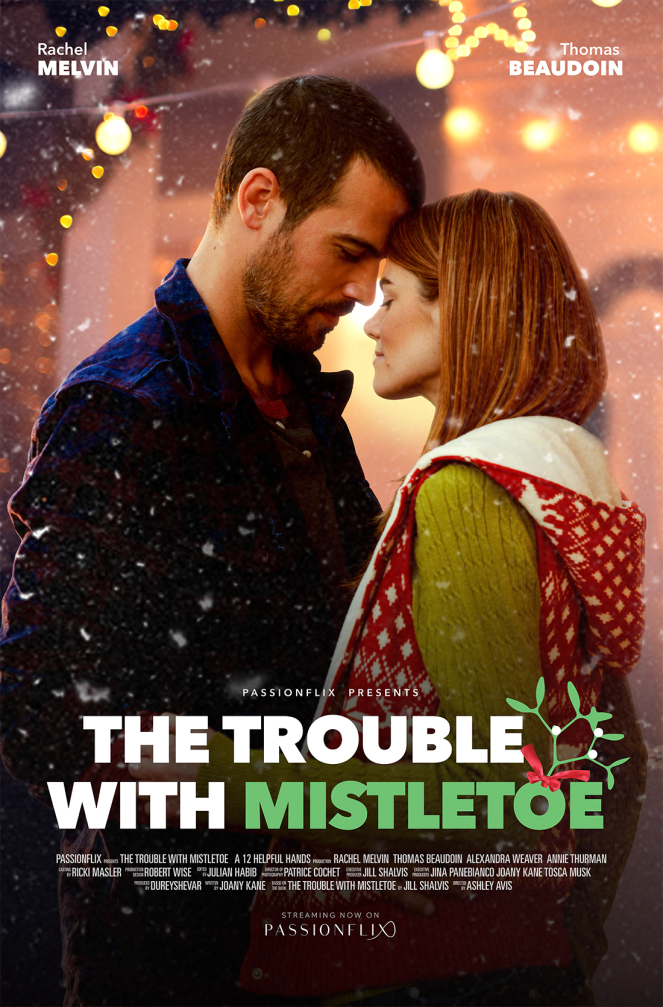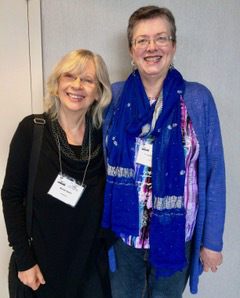A number of my Facebook friends (some writers, some academics, some teachers) have recently been reacting to a Guardian article about modern literary fiction and how it has, in many cases, sacrificed good storytelling on the altar of beautiful writing. This, to be honest, is one of the reasons why I rarely read or review books from the more literary end of the spectrum. I’ve said it before: I can recognise wonderful use of language when I see it but I prefer to read a gripping story so long as it doesn’t mangle english so much that my brain hurts. Whisper it but, most of the time, I’ll even turn a blind eye to poor spelling, rogue apostrophes or random punctuation so long as I can make out the intended meaning easily enough. Since a large part of what I read is advance reading copies (which have often not yet been proof-read) this is just as well. I did, though, do a degree in English Literature – more years ago than I care to mention – so when language, story and plot do combine I like to think that I can appreciate it. Barney Norris seems to be an author capable of this feat in my eyes.
 This, Norris’s second novel, is centred around a party being held by Robert Shawcross a retired senior government official who used to work in Northern Ireland during the Troubles. The party is a big annual family gathering but Robert isn’t looking forward to it – his beloved wife has recently died and he realises that the party was more about family than himself, despite it being held to celebrate his birthday. His granddaughter, Kate, is staying with him but she seems to have her own problems – this is her first attendance at a party for three years and she is dreading seeing her mother. This domestic scene is set against the Boston Tapes – which really did get made in the early years of the 2000s, a series of recorded interviews with both Loyalist and Republican paramilitaries. The participants were assured of anonymity so they confessed to more than just the motivations the interviewers were expecting – murders and other atrocities – and so, inevitably, the British government is very keen to get hold of the tapes. A figure from Robert’s past, Frank Dunn, arrives at the party to reprise their roles from the 80s – liaisons with the British government and IRA respectively.
This, Norris’s second novel, is centred around a party being held by Robert Shawcross a retired senior government official who used to work in Northern Ireland during the Troubles. The party is a big annual family gathering but Robert isn’t looking forward to it – his beloved wife has recently died and he realises that the party was more about family than himself, despite it being held to celebrate his birthday. His granddaughter, Kate, is staying with him but she seems to have her own problems – this is her first attendance at a party for three years and she is dreading seeing her mother. This domestic scene is set against the Boston Tapes – which really did get made in the early years of the 2000s, a series of recorded interviews with both Loyalist and Republican paramilitaries. The participants were assured of anonymity so they confessed to more than just the motivations the interviewers were expecting – murders and other atrocities – and so, inevitably, the British government is very keen to get hold of the tapes. A figure from Robert’s past, Frank Dunn, arrives at the party to reprise their roles from the 80s – liaisons with the British government and IRA respectively.
All the action in the book takes place over one day – the day of the party – but there are plenty of flashbacks: to the aftermath of Enniskillen, to the early days of Robert’s relationship with his wife, and, in the case Kate, to her difficult relationship with her mother, the love of her young life and the accident and illness which changed her world. This doesn’t sound like a lot of plot or story but there is enough there to keep you thinking about your own life and family. And the way it is written, the actual words on the page, is both beautiful and heartbreaking. Proper literature…
Jane
Advertisements Share this:





